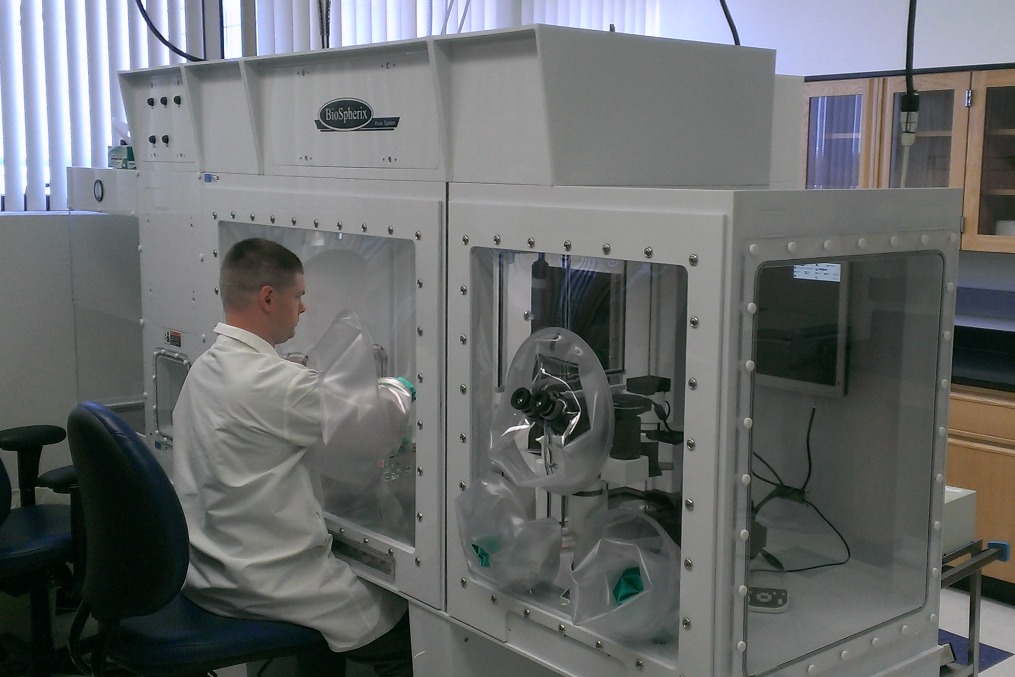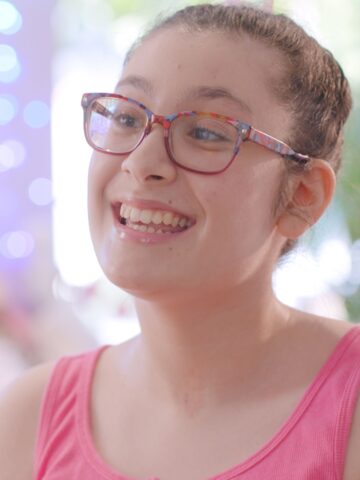 CHOC’s new stem cell production facility, slated to open late this summer, will allow CHOC researchers to produce patient-specific cells for immune-matching therapies that could positively impact fatal neurological diseases in children – all at a fraction of the cost of building a larger, more complex laboratory.
CHOC’s new stem cell production facility, slated to open late this summer, will allow CHOC researchers to produce patient-specific cells for immune-matching therapies that could positively impact fatal neurological diseases in children – all at a fraction of the cost of building a larger, more complex laboratory.
Within the state-the-art softwall clean room, CHOC researchers will study a stem cell-based therapy for the treatment for mucopolysaccharidosis (MPS-1), a rare and progressive neurodegenerative disease that typically claims patients before they reach the age of 10.
“Based on the results of animal trials we’ve conducted so far, we have a high degree of confidence that stem cell-based therapy will work to treat MPS-1,” said Philip Schwartz, Ph.D., senior scientist at the CHOC Research Institute and managing director of the National Human Neural Stem Cell Resource.
“If our research is successful, the approach could be used to treat a number of other immune-based diseases that damage the nervous system, like multiple sclerosis,” Dr. Schwartz said.
The approach involves using umbilical cord blood to replace a patient’s immune system, then implanting neural cells derived from the same blood into the brain to repair and prevent brain damage.
While implanting cells directly into the brain isn’t new, current treatment protocols require that patients take immunosuppressant drugs to reduce the risk of rejection, which leaves them vulnerable to a host of infections. Standard procedures for replacing the immune system, like bone marrow transplants, aren’t effective for patients with brain disorders caused by their underlying disease because the transplanted cells don’t cross the blood-brain barrier and therefore don’t slow the progression of brain disease.
The new facility will be one of less than a dozen in the nation and the only one that is focused on immune matching rather than immune suppression.
Dr. Schwartz estimated that it would require about five years of work to establish a program before approaching the U.S. Food and Drug Administration for approval to begin Phase I clinical trials. The current research project is supported by a $4.27 million grant from the California Institute for Regenerative Medicine.




